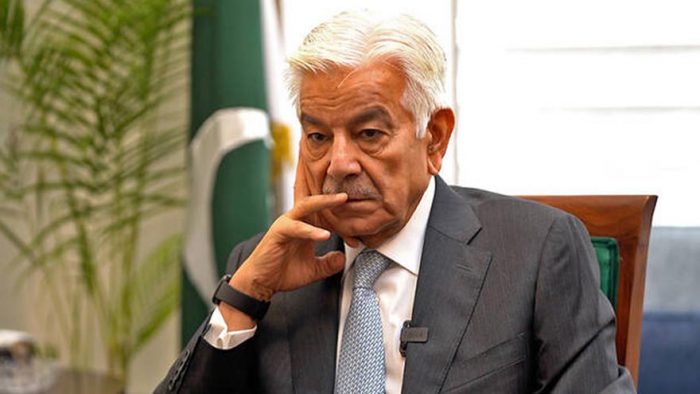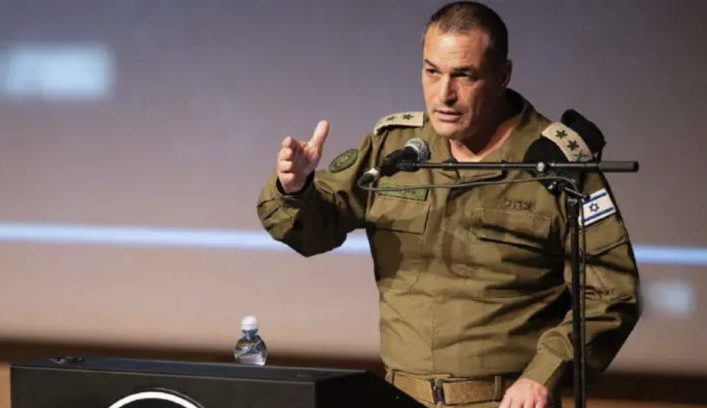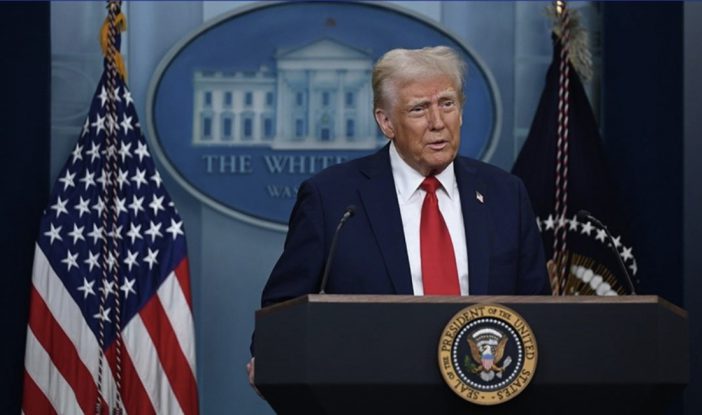Pakistan’s Defence Minister Khawaja Asif defended the army–civilian “hybrid” power model in an interview with Mehdi Hasan, even comparing U.S. democracy to a “deep state.”
Islamabad/London — Pakistan’s Defence Minister Khawaja Asif has once again endorsed his country’s controversial “hybrid governance” model, under which the army and civilian leadership share power, claiming the system operates “by consensus.”
In an interview with British-American journalist Mehdi Hasan on his platform Zeteo, Asif rejected suggestions that Pakistan’s military holds the real authority, despite a history of coups, martial law, and army chiefs ascending to the presidency.
When pressed, Hasan told Asif bluntly: “General Asim Munir is more powerful than you are.”
Asif replied: “No, it’s not like that. I’m a political appointee, I’m a political worker, you know.”
Comparing Pakistan to the U.S.
Hasan pointed out that in the U.S., the civilian Defence Secretary can dismiss generals—something unthinkable in Pakistan. Asif deflected, saying:
“They (the U.S.) have a different model over here. It’s called the deep state.”
The remark appeared to echo rhetoric often used by Donald Trump, though Asif stopped short of naming him. He suggested that Pakistan’s “deep state” legacy was the result of past military rulers.
The ‘Hybrid Model’ Debate
While critics describe Pakistan’s governance as military dominance with a democratic façade, Asif painted the arrangement as a “practical necessity.”
“It’s not equal… We can agree to disagree. It is by consensus, whatever is taking place,” Asif said when asked who ultimately decides between himself and Army Chief Asim Munir.
In past interviews, Asif has even praised the “hybrid model” as “doing wonders” for Pakistan—remarks that reinforce international concerns that civilian institutions remain subordinated to Rawalpindi’s generals.
Asif’s UN Misstep
The interview comes days after Asif stumbled in a UN Security Council dialogue on Artificial Intelligence in warfare, where he mistakenly invoked “Operation Sindoor” and referenced India–Pakistan flareups, leaving diplomats puzzled.
The combination of international scrutiny, verbal missteps, and his defense of hybrid governance has once again highlighted Pakistan’s fragile democracy and the enduring shadow of its powerful military establishment.





